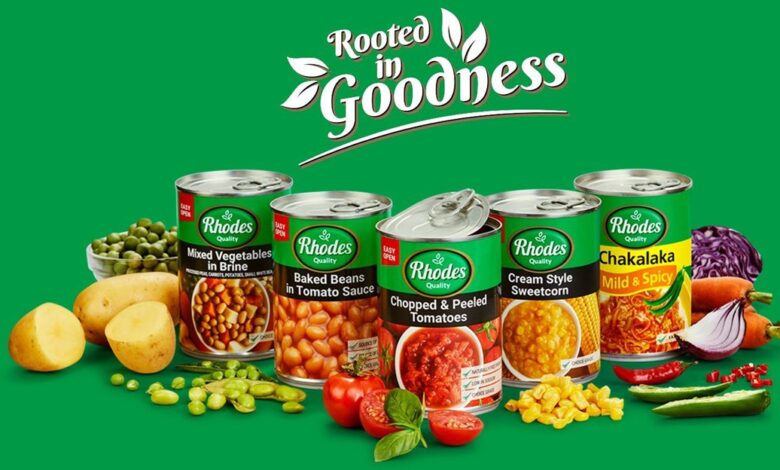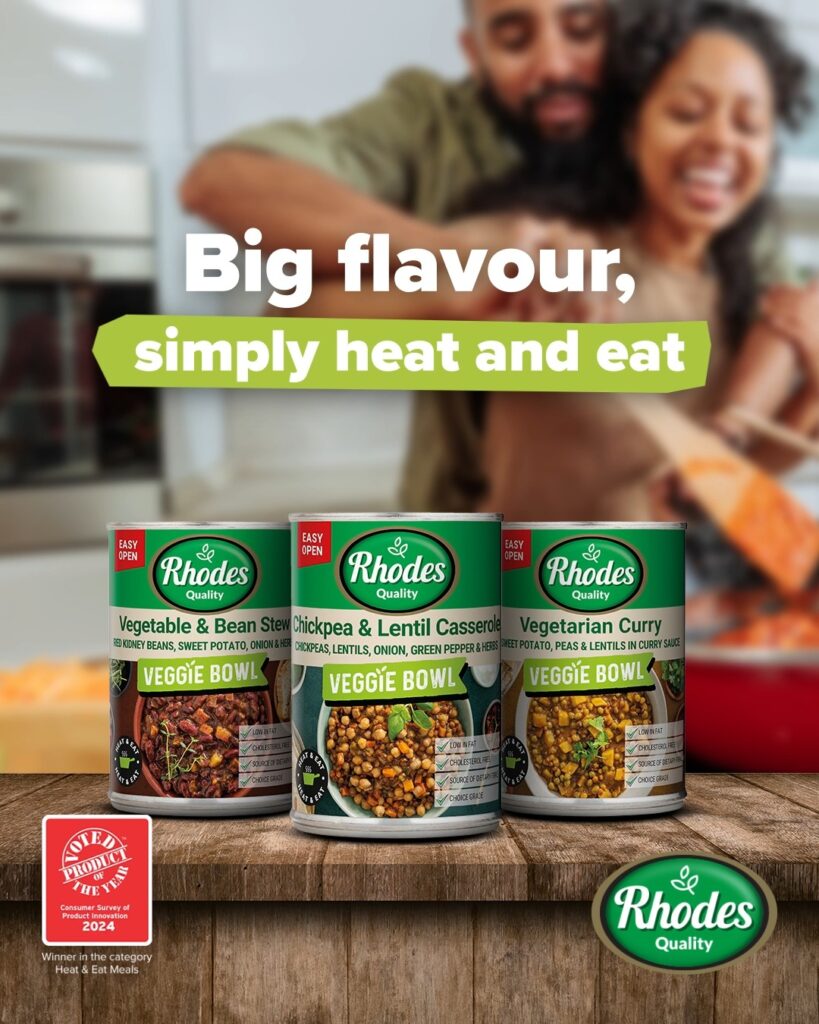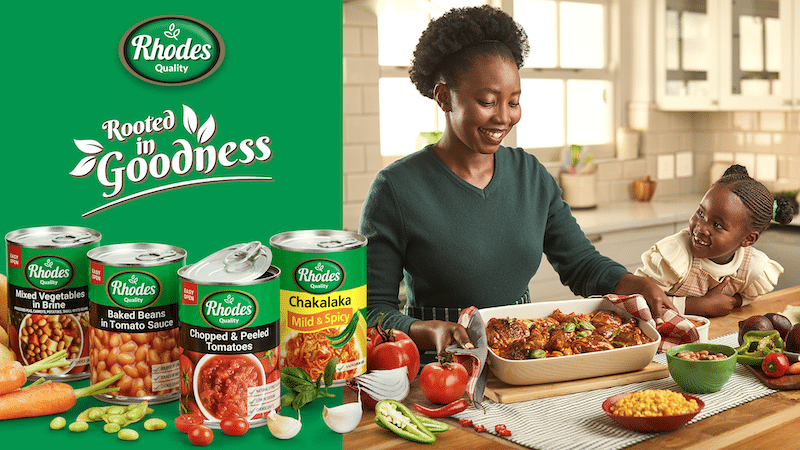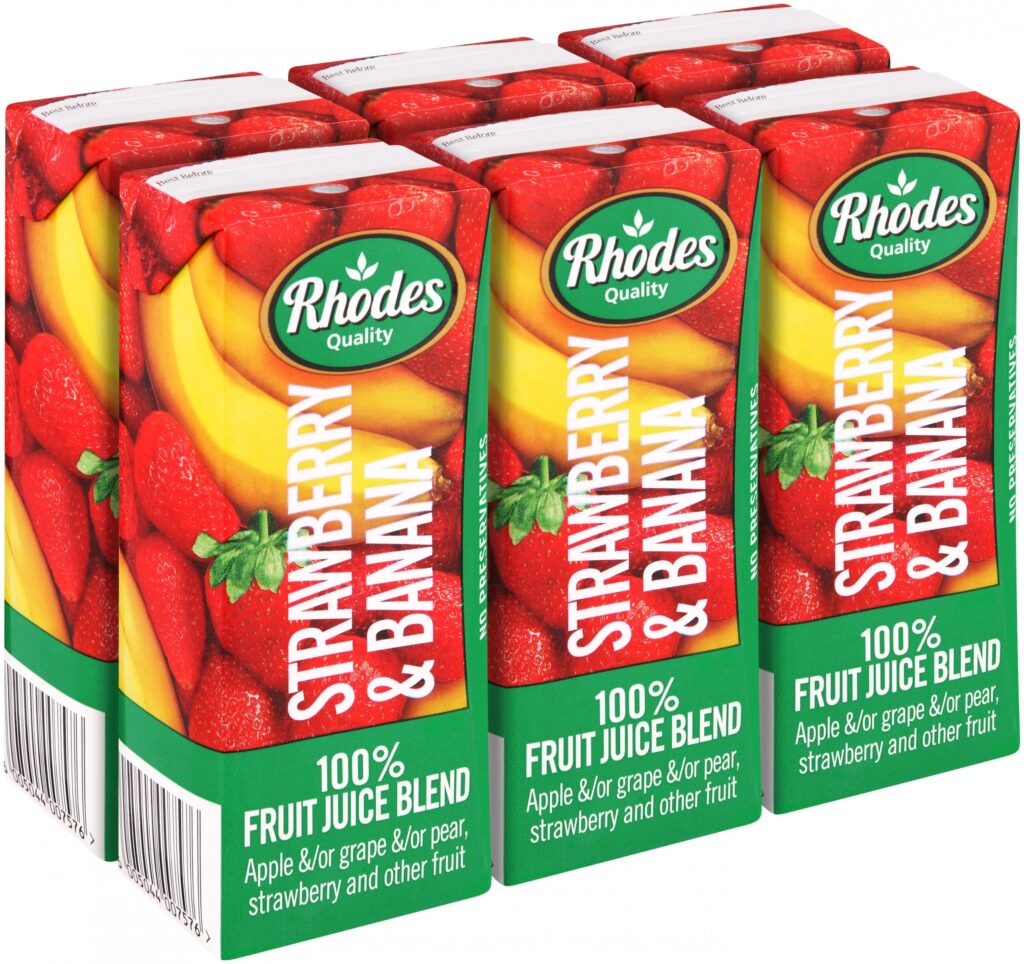How Rhodes Food Group Became a South African Powerhouse

How Rhodes Food Group Became a South African Powerhouse. In the competitive world of food production and FMCG (fast-moving consumer goods), few South African companies have demonstrated the resilience, strategic insight, and growth trajectory of Rhodes Food Group (RFG). What began as a modest canning business has evolved into a major player, with a strong footprint across South Africa and international markets. The story of Rhodes Food Group offers entrepreneurs a masterclass in authenticity, innovation, and building for the long term.
Humble Beginnings: A Local Business with Big Dreams
Rhodes Food Group traces its origins back to 1896 in the Western Cape, South Africa, where fruit canning began in the fertile Tulbagh Valley. The canning industry at the time was small and localized, primarily servicing local markets.
For much of its early history, Rhodes focused on high-quality produce sourced from the region, staying close to its roots in agriculture. This authenticity — maintaining close relationships with farmers and ensuring fresh, high-quality inputs — laid the foundation for its future success.
Actionable Insight:
Start with excellence in your core offering. Building trust takes time, but it becomes a long-term asset.

Strategic Evolution: From a Regional Player to a National Brand
The modern iteration of Rhodes Food Group emerged in the 1990s when a group of investors acquired and consolidated several food businesses under the RFG banner. This period marked a turning point: rather than remaining a local brand, Rhodes pursued a vision of becoming a national and diversified food producer.
One of the company’s smartest moves was building a portfolio of trusted brands, not just Rhodes. Products like Bull Brand (canned meat), Pakco (pickles and spices), and Bisto (gravy powders) became part of its growing stable. This strategy allowed RFG to cater to multiple consumer segments across different categories — a key to its resilience during economic fluctuations.
Actionable Insight:
Diversifying your product offering within related categories strengthens your brand’s ability to weather market changes.
Expansion and Innovation: Going Beyond Borders
In the 2010s, Rhodes Food Group accelerated its growth through a series of strategic acquisitions. Notably:
- In 2015, RFG acquired Pacmar, a producer of fruit juices for domestic and export markets.
- It also bought Deemster, a dairy and dessert manufacturer, to expand into new product categories.
These acquisitions allowed Rhodes to broaden its offering while entering high-growth sectors like ready-to-eat meals, baby foods, and dairy desserts. Crucially, RFG maintained its premium quality positioning across all new categories.
During this time, RFG also expanded aggressively into international markets, exporting to over 40 countries. Their focus on value-added products — rather than just raw exports — gave them stronger margins and greater control over their brand narrative abroad.
Actionable Insight:
When expanding, invest in adjacent categories that complement your core strengths. International growth must be strategic, not opportunistic.

Challenges and Resilience: Navigating Tough Markets
Like many businesses operating in South Africa, Rhodes faced challenges including fluctuating agricultural yields, rising costs, and increased competition from both local and international brands.
However, Rhodes Food Group’s strength lay in its operational flexibility. It continuously invested in automation and plant efficiencies, reducing reliance on manual labor where possible to contain costs. Additionally, the company’s diverse product portfolio meant that weakness in one area (like fruit canning during drought years) could be balanced by strength in another (like ready meals or dairy).
During the COVID-19 pandemic, Rhodes pivoted quickly by focusing on shelf-stable products like canned foods, which experienced a surge in demand as consumers stocked up on essentials.
Actionable Insight:
Building flexibility into operations allows businesses to adapt faster when market conditions shift unexpectedly.
Marketing with Authenticity: Building Emotional Connections
Unlike flashy or gimmicky advertising tactics, Rhodes Food Group’s marketing strategy has always emphasized quality, heritage, and trust. Their campaigns often highlight the brand’s South African roots, the natural goodness of their ingredients, and the care taken in production.
This authentic storytelling resonated deeply with consumers, especially in a market where loyalty is hard-won and easily lost.
Additionally, Rhodes invested heavily in product visibility — ensuring that their products were well-positioned in supermarkets, convenience stores, and online platforms, maintaining top-of-mind awareness without the need for constant heavy advertising.
Actionable Insight:
Authentic, consistent messaging builds stronger brand loyalty than short-term promotional tactics.

Conclusion: Lessons from Rhodes Food Group’s Enduring Success
Rhodes Food Group’s journey from a regional canning operation to a diversified multinational brand offers powerful lessons for entrepreneurs:
- Start with product excellence and never compromise on quality.
- Diversify strategically to spread risk while deepening brand relevance.
- Expand thoughtfully into international markets with value-added offerings.
- Invest in operational efficiency to protect margins and scale sustainably.
- Stay authentic in marketing to build lasting emotional connections with consumers.
Rhodes Food Group proves that in a fast-changing world, success belongs to those who stay true to their roots while boldly reaching for new opportunities.


